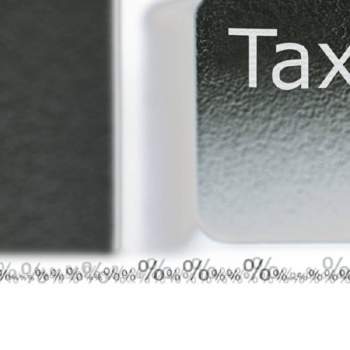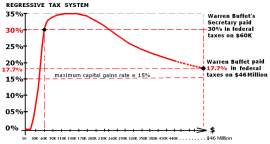
The Reason For Income Tax in the US

Income taxes were first widely implemented in the United States by Congressional passage of the 16th Amendment in 1913. Though Congress had earlier passed individual income tax packages, the Supreme Court had limited this ability in 1895 with its ruling on the Pollock v. Farmers’ Loan & Trust Co. The 16th Amendment nullified this decision and acted against the requirement of the Constitution’s Article I, Section 8, Clause 1 for apportionment of direct tax revenues, according to population, among the states.
The Supreme Court supported the effects of the 16th Amendment toward income tax passage with its decision in the case of Brushaber v. Union Pacific Railroad. The Supreme Court set the modern judicial framework for income taxes with the decision it rendered for the case of Commissioner v. Glenshaw Co.
NEXT: What is Federal Income Tax?





















